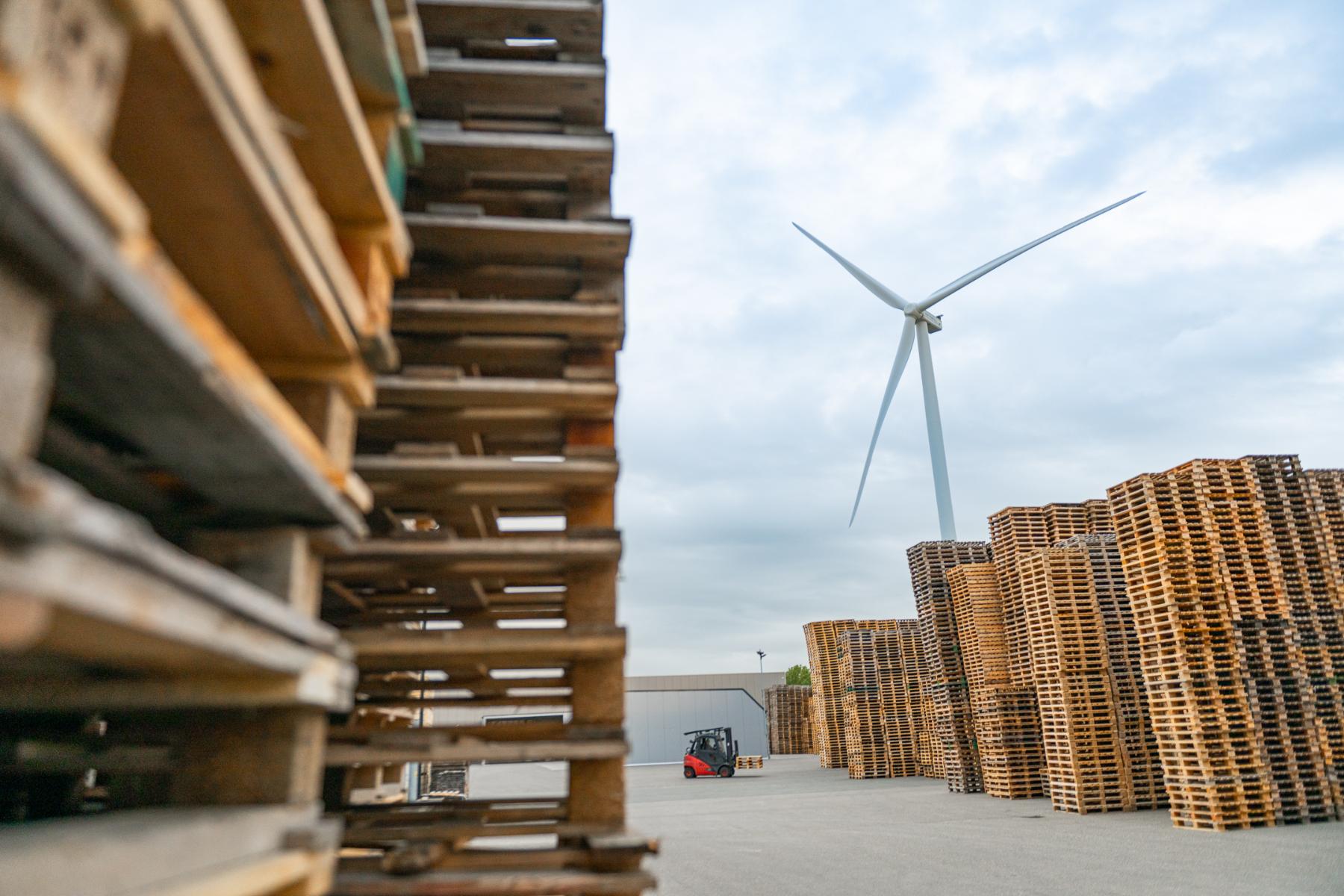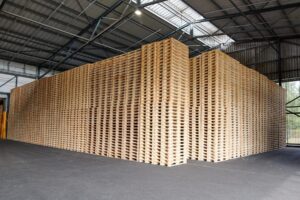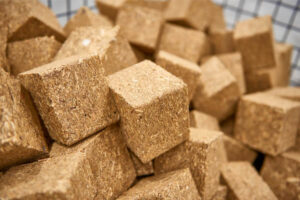This scientific study explored wood’s antiviral capabilities, revealing its potential as a natural and sustainable solution against viral transmission, indicating that wooden pallets can be a natural and sustainable barrier against viral transmissions. The study demonstrated that certain wood varieties, specifically Scots pine and Norway spruce, exhibit potent antiviral action, effectively inactivating viruses, including enveloped viruses like coronaviruses, within 10 to 15 minutes. Other hardwoods, such as oak, have shown effectiveness against nonenveloped enteroviruses.
The antiviral effectiveness of wood remains consistent across various humidity levels, from 20% to 90%, and higher temperatures enhance this antiviral action, with viruses inactivating more rapidly at 37°C compared to 21°C. This antiviral property is attributed to wood’s chemical composition, with compounds like resin acids and terpenes in pine and spruce contributing to their antiviral performance, and oak’s effectiveness against enteroviruses linked to its high phenolic content.
Additionally, pine wood can absorb a significant amount of coronavirus, further reducing viral presence. Unlike disinfectants, which have limited efficacy, potential health concerns, and environmental impacts, and may contribute to pathogen resistance, wood offers a natural, sustainable, and effective alternative for reducing viral transmission. It is important to note that treatments that alter wood, such as thermal processing or the creation of wood-plastic composites, can diminish its antiviral properties.







